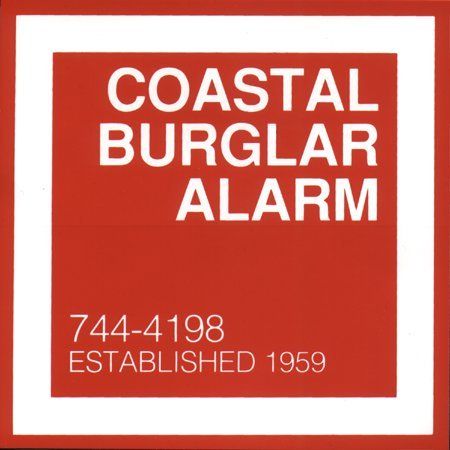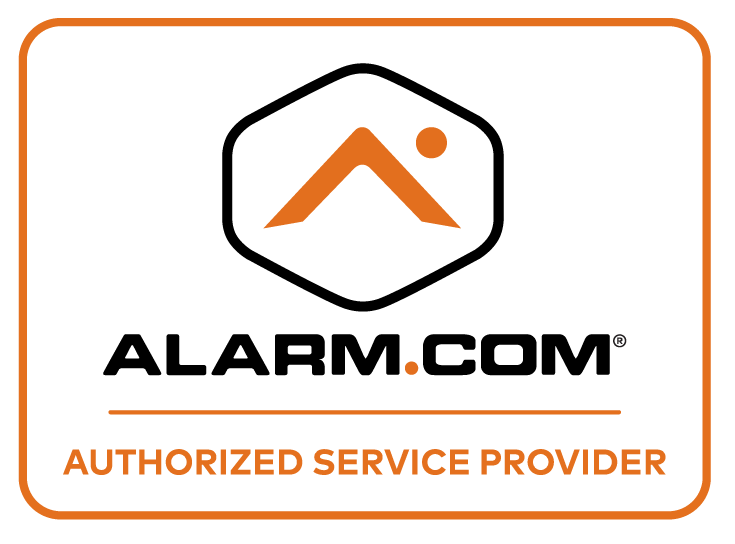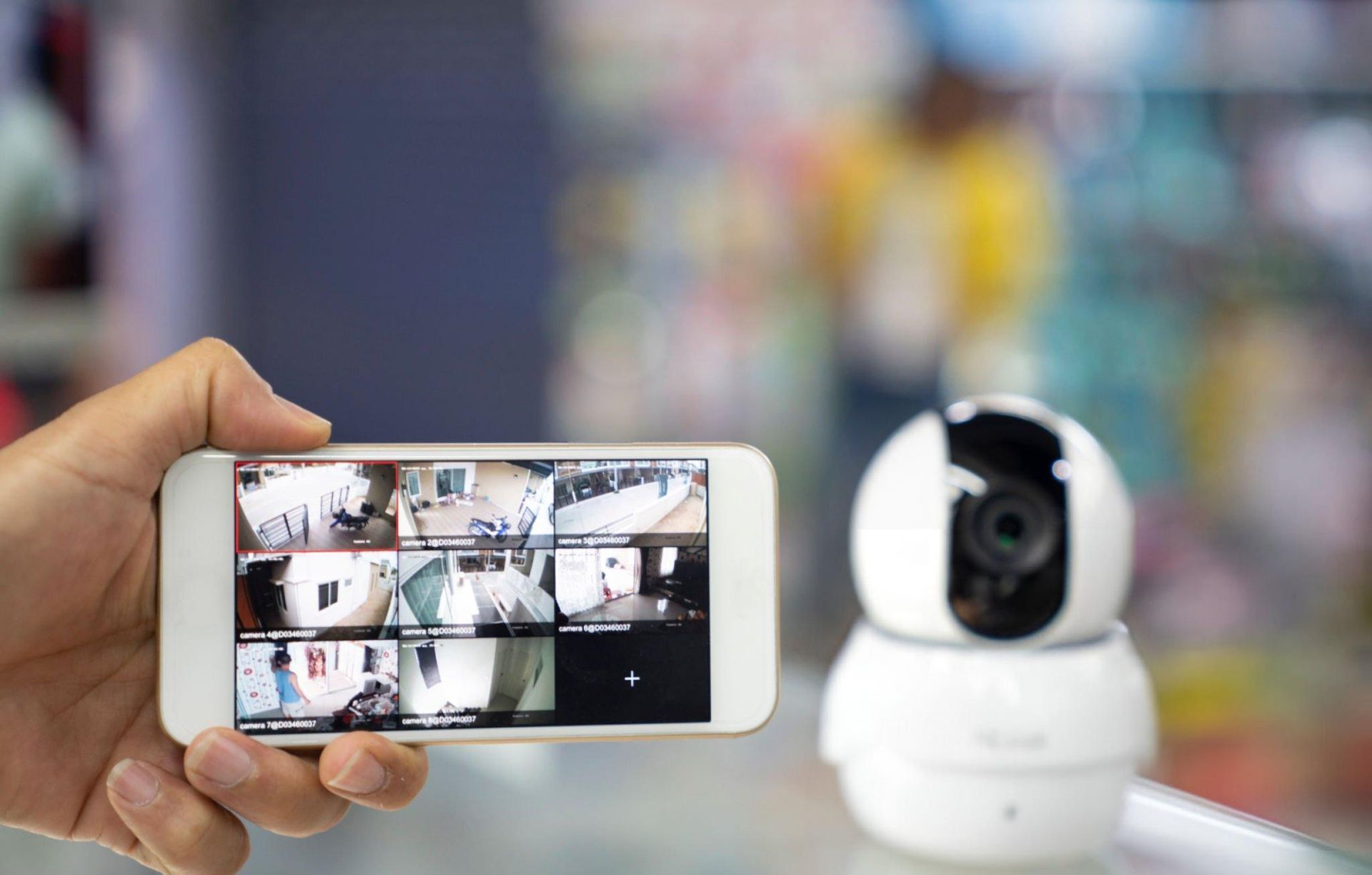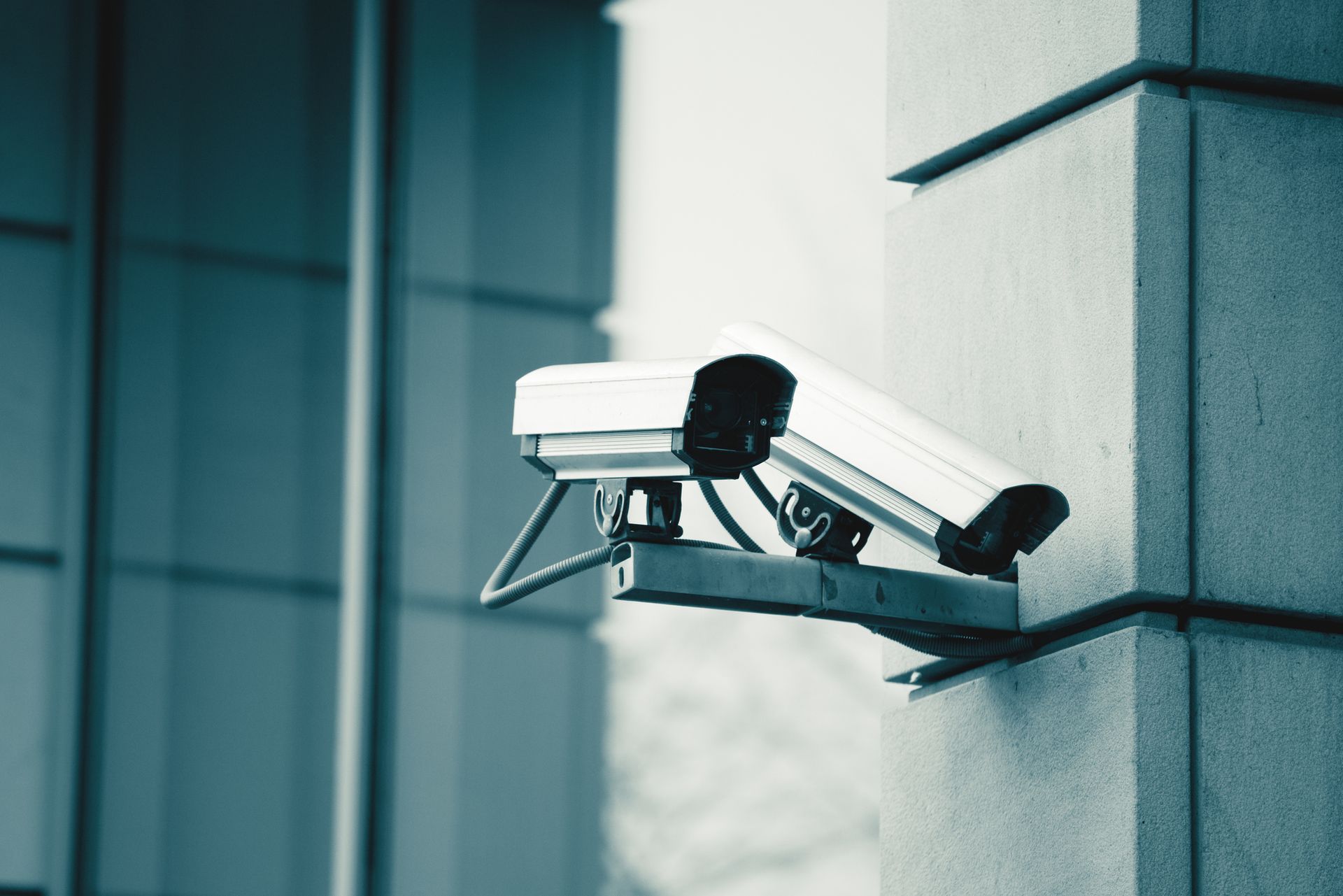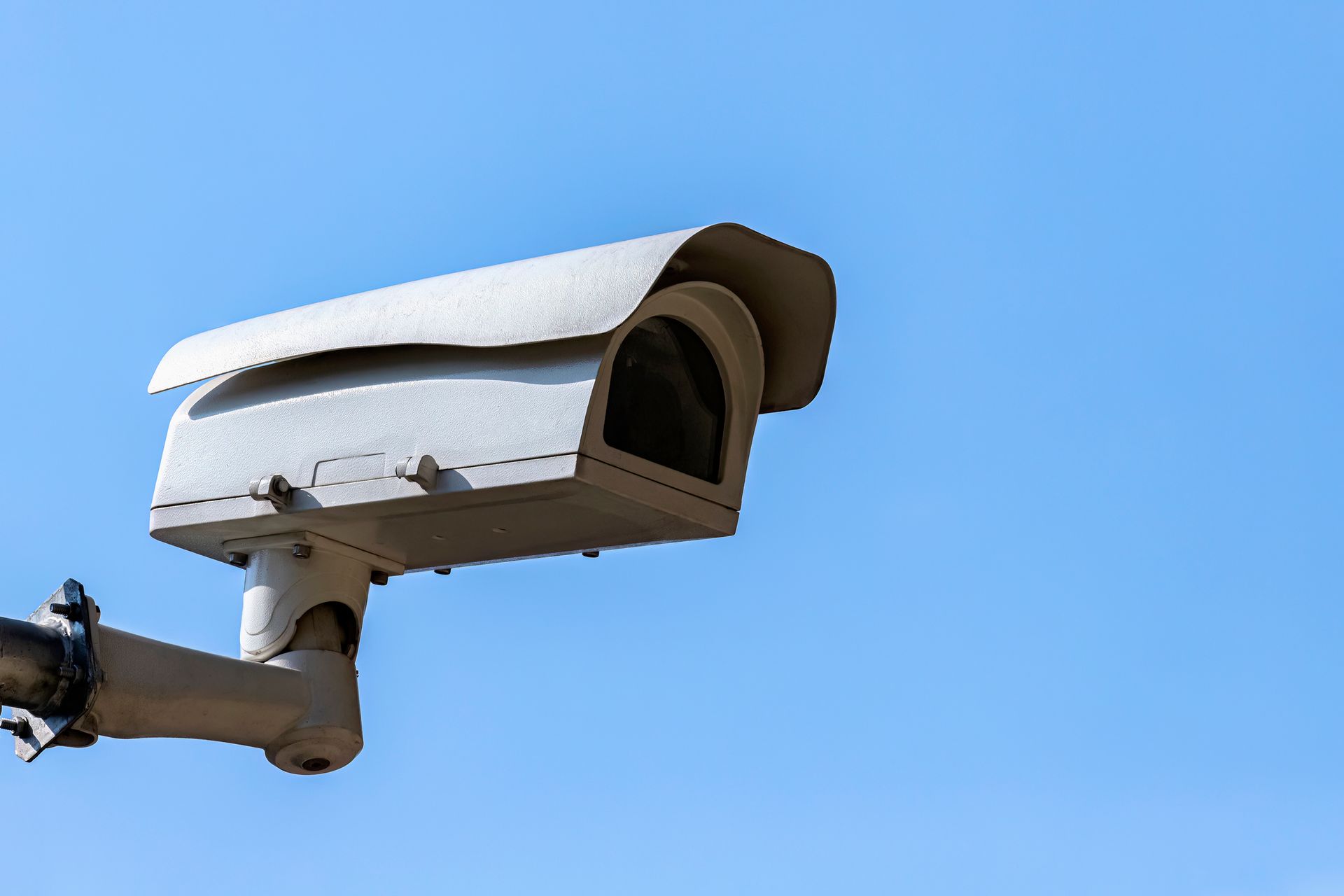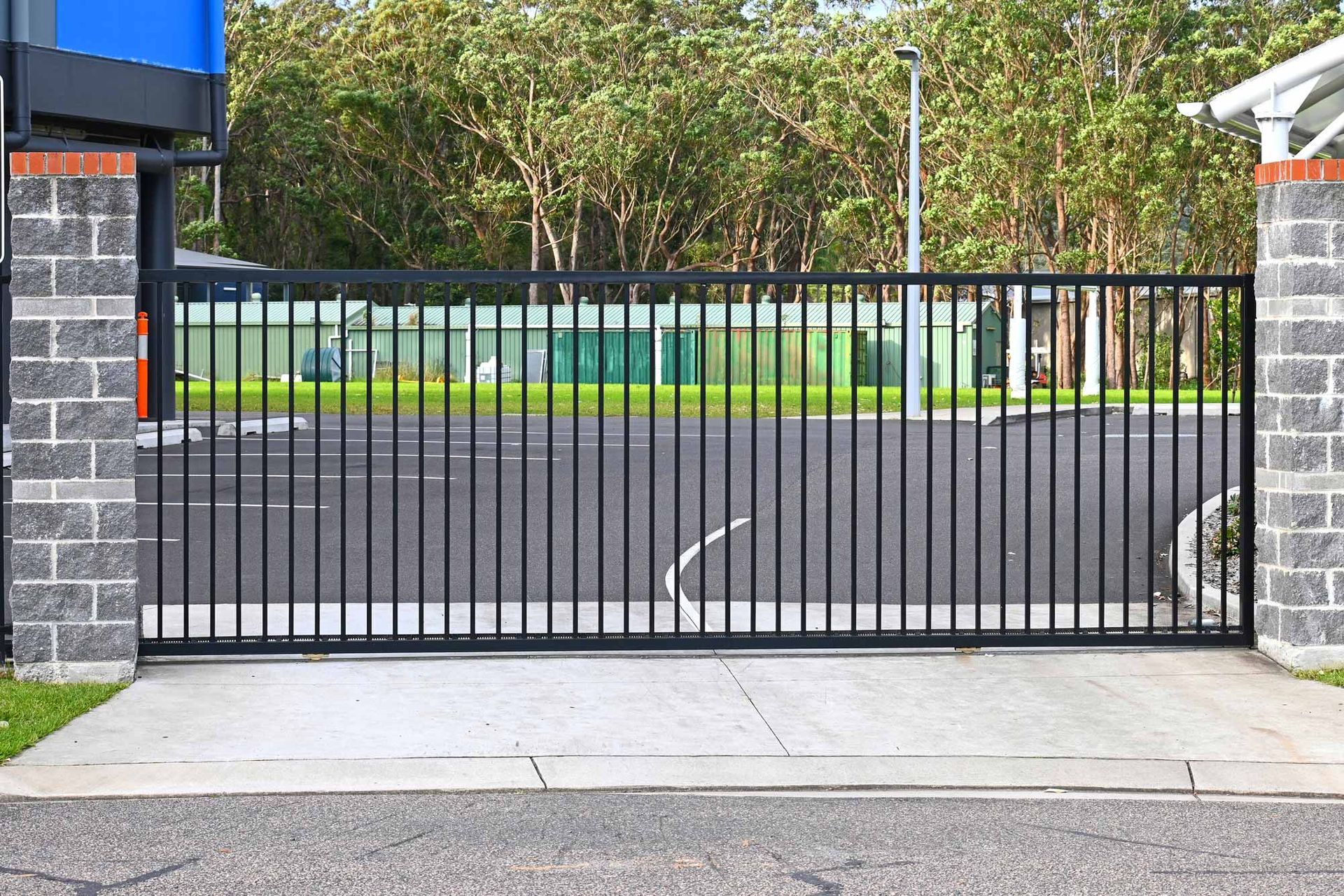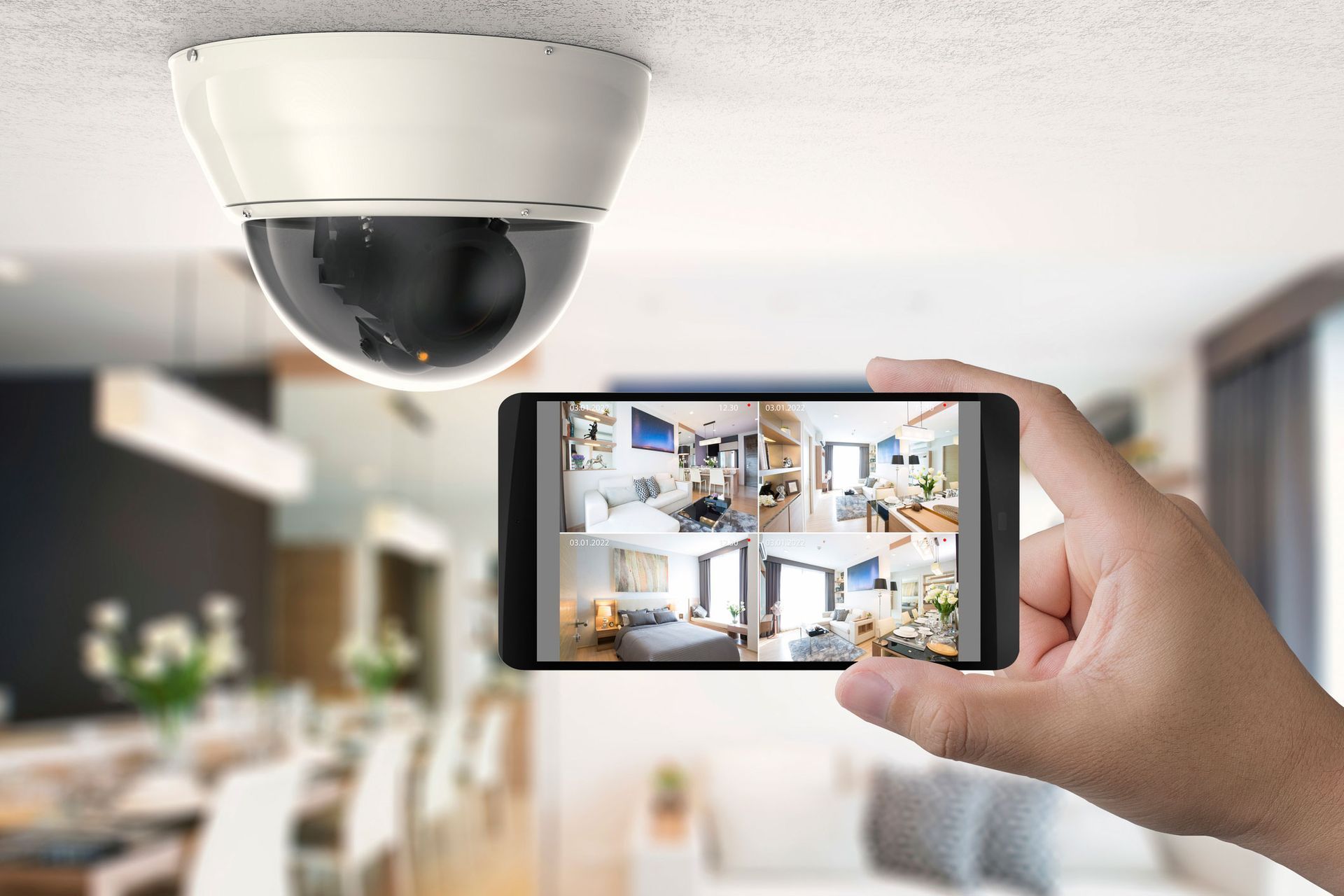Smoke, Gas, Heat, Flames, and More — 6 Detectors for Businesses
Any business owner knows that smoke detectors are both mandatory and important. But is a smoke alarm the only type of harm detector your business needs? The answer is probably no. Depending on what goes on throughout your company's property, you may need a variety of detectors that each focus on particular needs.
To help you protect your employees, your business, and your customers, here are six detectors you may need to consider.
1. Smoke Detectors
Smoke detectors are the most common type of indoor environmental detector. They sense the presence of smoke particles in the air through different methods. An optical smoke detector uses a light source shining on a sensor, for instance, while an ionization chamber detector uses an electrical field. When smoke gets in the way of either operation, the sensor triggers.
The main problem with smoke detectors alone is often false alarms. A business may create fires or smoke intentionally, such as during the manufacturing process. In this case, your smoke detector might trigger too often, perhaps even resulting in costs from the local fire department if it responds.
2. Heat Detectors
A heat detector can help in spaces where smoke detectors aren't the most appropriate choice. This is usually because the area needs to have open flames - perhaps in an employee kitchen, a lab or research area, or even a reception desk with a fireplace. Dusty environments may also benefit from heat detectors rather than smoke alarms.
Whereas smoke detectors look for smoke particles, heat detectors' sensors search for changes in the heat around them. These generally monitor for changes in the temperature of the room, although some units can also compare the rate of that rising temperature to differentiate a flame from the natural warming of the room.
3. Carbon Monoxide Detectors
Carbon monoxide presents a unique risk because it is generally odorless and colorless. The most common sources of carbon monoxide poisoning come from burning and combustion devices in areas where the fumes cannot dissipate outside.
If your business operates anything involving flames (even a fireplace or heater), gas-powered vehicles or equipment indoors, or appliances using heat, you may need to protect against this buildup with simple detectors.
4. Flame Detectors
While most smoke detectors and heat detectors use indirect methods of spotting a fire, flame detectors look for the flame itself using infrared, ultraviolet, or even visible light. If your operation involves very flammable gases such as hydrogen, a flame detector is a highly accurate and reactive way to spot dangerous fires from gas.
Of course, some other sources of extreme heat can look similar to flames in some cases. Engines, welders, exhaust systems, or even the scorching sun could confound flame detectors. They require careful selection and placement for maximum effectiveness.
5. Gas Detector
Do your employees work with various potentially dangerous gases? Are gases the unavoidable byproducts or results of your manufacturing or assembly? If so, you must protect people from these dangers with gas detectors.
Gas detectors work on many similar principles as smoke detectors. They search for disruptions in their internal environment that could be caused by the presence of gas particles. Detectors may search for flammable gases or toxic gases, depending on your needs.
6. Radon Detectors
More and more property owners are recognizing the dangers of radon gas. As naturally-occurring sources of uranium in the ground decay, it may emit this dangerous gas into the lower levels of your building. Some regions are more prone to radon emissions than others, so radon detectors may be more or less common in your location.
Which of these detectors does your operation really need? The best way to find out is to consult with an experienced security company. Coastal Burglar Alarm has provided alarm and detector services for more than 60 years. Call today to schedule a visit and learn how to best protect your business and the people who work there.
